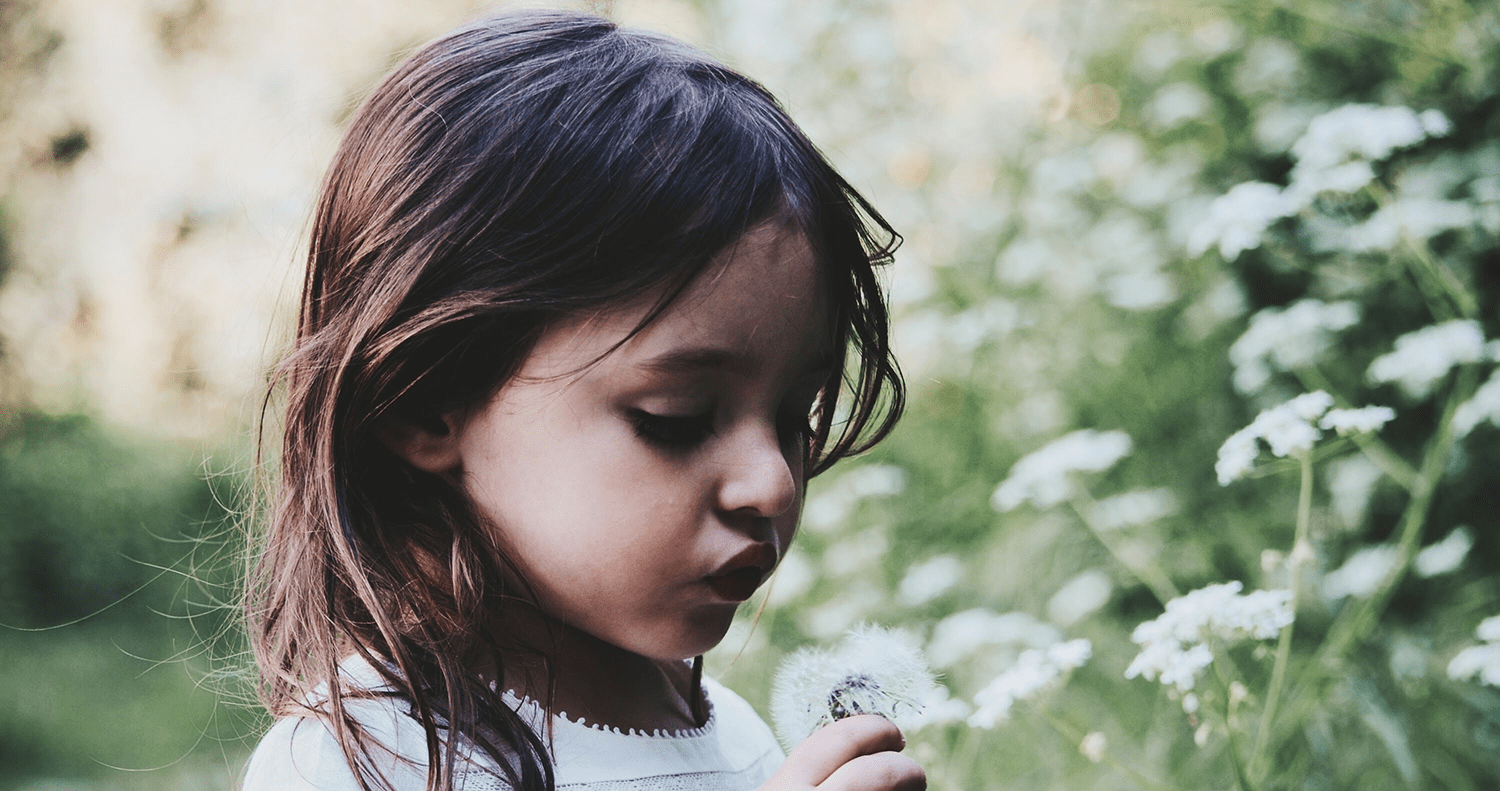
Is Quality Parenting More Like Gardening or Carpentry?
All of us in the KIPS community believe that parents play a critical role in promoting children’s healthy development. So it was a precious gift to discover a book this summer that validates the invaluable role of parents and the work we do to support parents. Like tending a garden, parents must protect and nurture their babies, toddlers and children until they can navigate on their own in the wider world. As we all know, it takes plenty of support from trusted souls like us for parents to gain the knowledge and skills to do the tough job of parenting.
Raising Children Is Like Tending a Garden
In her latest book,The Gardener and the Carpenter: What the New Science of Child Development Tells Us About the Relationship Between Parents and Children, Alison Gopnik highlights the parent’s role as a gardener. This analogy is especially appealing to me as our family spends hours each day tending our garden to raise vegetables for our family, friends and the local Farmers Market. Gopnik is a prominent developmental psychologist and philosopher who has devoted her career to studying how children learn. In The Gardener and the Carpenter, she cautions parents to resist widespread, but sometimes contradictory, advice for strategically shaping their children’s development and futures, as a carpenter might shape a piece of wood. Instead, she advocates for parents, like gardeners, to create loving, safe and nurturing environments for their children in which they can develop their own natural tendencies through imitation, play, exploration and using their imaginations.
One reviewer summed up Gopnik’s view of parenting this way:
“Raising and caring for children is more like tending a garden: it involves ‘a lot of exhausted digging and wallowing in manure’ to create a safe, nurturing space in which innovation, adaptability and resilience can thrive. Her approach focuses on helping children to find their own way, even if it isn’t one you’d choose for them. The lengthy childhood of our species gives kids ample opportunity to explore, exploit and experiment before they are turned out into an unpredictable world.”
(Josie Glausiusz, August, 2016, Child development: A cognitive case for un‑parenting‑parenting)
Why Do Parents Take On the Tough Job of Parenting?
Gopnik reflects on the gifts of parenting as follows:
“The most important rewards of being a parent aren’t your children’s grades and trophies — or even their graduations and weddings. They come from the moment-by-moment physical and psychological joy of being with this particular child, and in that child’s moment-by-moment joy in being with you.”
(Alison Gopnik, 2016, The Gardner and the Carpenter, page 10)
Although it sounds so enjoyable, creating a loving, safe and nurturing environment for raising children requires lots of time and effort. And, as many of us know, parenting is especially tough because the joyful rewards are laced with conflicting experiences of exhaustion, worry, multi-tasking, and powerful emotions. Like a skilled gardener, a parent needs to develop a wide range of knowledge and skills, and apply them appropriately in order for our charges to flourish.
Similarly, we eventually learn that the gardener and the parent benefit from sustained mindful observation to guide their appropriate actions. Skilled gardeners, like other professionals, use tools to guide their observations, such as thermometers, rain gauges and magnifying classes. A thermometer tells us whether the soil is in the right temperature range to plant tomatoes. A rain gauge tells us if we need to water or refrain from watering. A magnifying class gives us a close inspection to see what might be infesting our little green friends. Similarly, we can use observational tools to guide parents toward quality parenting. Observational parenting tools, like KIPS, can guide us in looking at specifically what a parent can do to promote a nurturing environment for his/her child.
